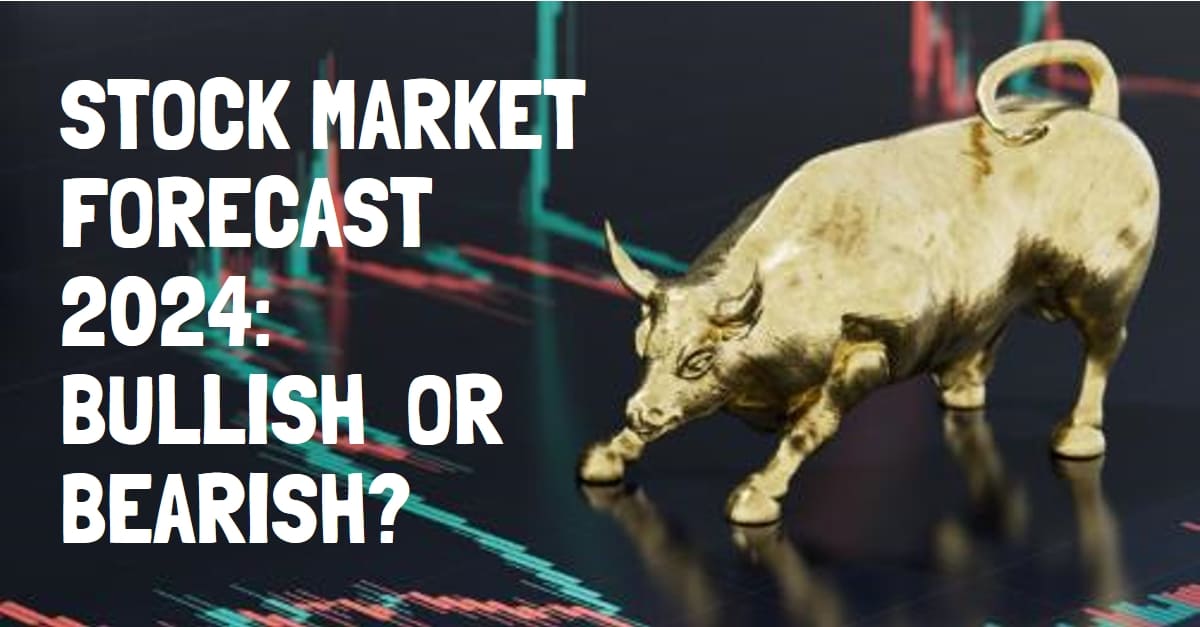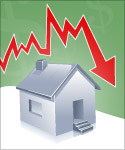The US stock market had a strong performance in 2023, recovering from the pandemic-induced slump of 2022. The S&P 500 and the Nasdaq 100 surged more than 20% and 50%, respectively, as the economy rebounded, inflation moderated, and interest rates peaked. However, many investors are wondering if the rally can continue in 2024, or if a recession and a market crash are looming on the horizon.
Will the Stock Market Crash in 2024?
Current Market Conditions
There is no definitive answer to this question, as the future is uncertain and depends on many factors, such as the course of the pandemic, the monetary and fiscal policies, the corporate earnings, the consumer spending, the geopolitical tensions, and the investor sentiment. However, we can look at some of the projections and opinions of various analysts and experts to get a sense of what they expect for the US stock market in 2024.
Analyst Predictions for the Stock Market
According to a composite of over 700 stocks covered by Morningstar, as of Dec. 21, 2023, the US equity market was trading at a price/fair value of 1.00, meaning that the market is equal to a composite of their fair value estimates.
This suggests that the market is fairly valued, but not overly expensive or cheap. However, there are significant differences among different sectors, styles, and sizes of stocks. For example, Morningstar analysts find value stocks and small-cap stocks to be more attractive than growth stocks and large-cap stocks.
J.P. Morgan Research is more bearish on the US stock market outlook for 2024. They estimate earnings growth of 2–3% next year with earnings per share (EPS) of $225 and a price target of 4,200 for the S&P 500, with a downside bias.
They expect US and global growth to slow by the end of 2024, as the fiscal stimulus fades, the monetary policy tightens, and the supply chain bottlenecks persist. They also see high equity valuations, high interest rates, a weakening consumer, rising geopolitical risks, and a potential recession as headwinds for stocks.
BCA Research is even more pessimistic about the US stock market prospects in 2024. They predict that the S&P 500 could experience its worst crash since 2008 next year as a recession kicks off.
They argue that developed markets remain on a recessionary path unless monetary policy eases very significantly, which is unlikely unless inflation slows down quickly or collapses. They expect a recession next year to put the S&P 500 in a range of between 3,300 and 3,700 before an eventual rebound materializes.
Of course, not all analysts are bearish on the US stock market in 2024. Some are more optimistic or neutral about how stocks will fare next year. For instance, Bank of America, RBC, and Federated Hermes analysts set S&P 500 price targets of 5,000 for the end of the new year.
These projections imply an upside potential of a little under 5% from the current level. These analysts cite strong corporate earnings, resilient consumer spending, accommodative monetary policy, and improving supply chain conditions as reasons for their bullishness.
In summary, there is no consensus among analysts about whether the US stock market will crash in 2024 or not. Some are bearish and expect a recession and a steep drawdown next year. Others are more bullish or neutral and anticipate a modest gain or a sideways movement for stocks. The reality may depend on how various factors evolve in the coming months and how investors react to them. Therefore, it is important for investors to be prepared for different scenarios and diversify their portfolios accordingly.




